Being a successful research administrator without getting burned out requires several things. Ideally, you’d have:
- A supportive and responsive management team
- Clear, well-established workflow procedures
- Good proposal management software
- Unlimited coffee
But often those factors are out of your control. Fortunately, we have a few research administration tips to transform your workday.
Find a balance between structure and flexibility
Keeping your schedule and to-do lists organized is a must. However, don’t plan your days so rigidly that there’s no room for the eleventh-hour emergencies that inevitably arise.
The trick to finding the right balance is managing every task as soon as it hits your inbox. Create email filters to automatically sort your messages and eliminate low-priority clutter. Set reminders and follow-up notifications to keep things progressing. And most critically, classify every task and message according to the status of its related project. You want to be able to see at a glance where you stand on any given proposal. That way, when there’s a last-minute crisis and you have to reshuffle your priorities, you can quickly see which tasks can be back-burnered and which can’t.
For the cost of a couple hours of setup, these habits can give you more time and less stress. Just remember to keep these systems up to date to keep reaping the benefits.
Be responsive
On many campuses, the Office of Sponsored Projects is thought of as a black hole—an empty, soundless void into which all proposals must be launched, hopefully to be heard from again. Lack of transparency in research administration is a common problem with lots of unpleasant side effects.
Fortunately, the remedy is pretty straightforward. Respond to people right away, even if just to let them know you’ll get back to them in a few days. You do NOT have to answer everyone’s questions as soon as they email you, but simply acknowledging their request can prevent those obnoxious “Did you get my email?” phone calls and instant messages. It calms people’s nerves and helps you set expectations and boundaries.
On a related note, learn to love your email’s CC field. A best practice in office life (not just research administration!) is to keep only one person on the To: line, so everyone knows who’s responsible, and save everyone else for the CC: line. That way you can keep people in the loop as a proposal or award moves through the approval process, without confusing anyone as to who’s the point person. Your coworkers will be happier and you’ll get fewer stressed-out voicemails!
Put effort into relationships
Sometimes, working in research administration can feel pretty isolated. It’s easy to get buried under your own private mountain of paperwork. Putting in an effort to connect and collaborate with your colleagues not only makes for a less lonely work environment, but it can also help you, and the entire research admin team, function much more effectively.
There are two big professional advantages to improving your team dynamics. For one thing, if your team communicates well and regularly, then one person’s victory can mean victory for the whole team. Suppose you come up with an ingenious new method for tracking proposal progress. When you share your new solution with your colleagues, the entire office benefits.
The other big plus to an open, supportive team is knowing that you can ask for help when you need it. Cultivate a solid team calendar. Keep in touch about each other’s workloads. Know when you can ask for backup and when you should volunteer to help out.
Organization, communication, teamwork—these research administration tips aren’t rocket science. But I promise, if you put some time and effort into these aspects of your office life, you’ll see results.


